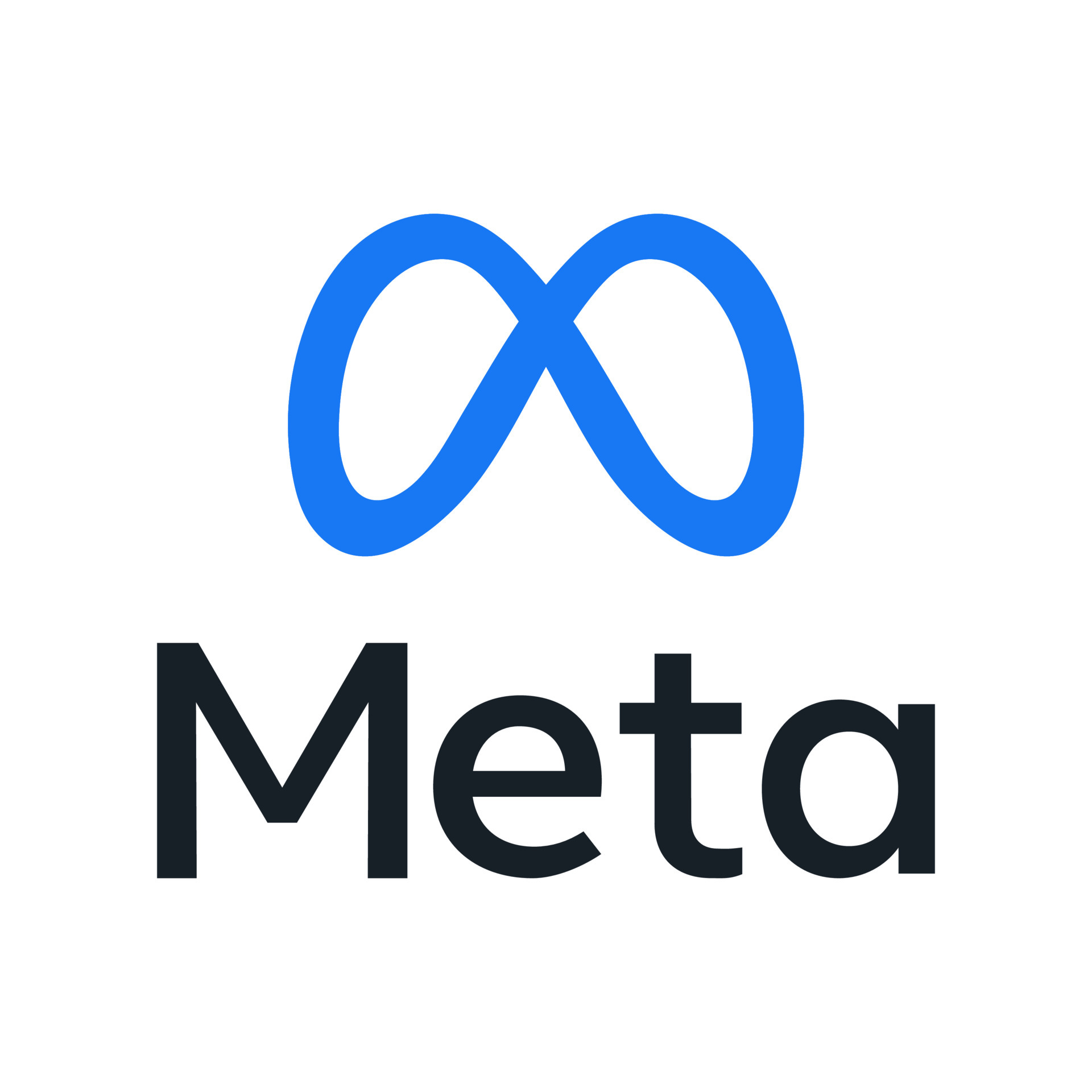Meta's Antitrust Battle: Examining The WhatsApp And Instagram Acquisitions

Table of Contents
Meta (formerly Facebook), a behemoth in the social media landscape, has faced intense global antitrust scrutiny over its acquisitions of WhatsApp and Instagram. These acquisitions, while dramatically expanding Meta's reach and influence, ignited significant concerns about stifled competition and the creation of a social media monopoly. This article delves into the core arguments surrounding these acquisitions and their profound implications for the digital world.
The WhatsApp Acquisition: A Case Study in Market Dominance
Strategic Rationale Behind the Acquisition
Meta's acquisition of WhatsApp in 2014 for a staggering $19 billion wasn't a spur-of-the-moment decision. It was a calculated move driven by several key strategic objectives:
- Expanding Messaging Capabilities: Facebook Messenger, while popular, lacked the global reach and feature set of WhatsApp. The acquisition instantly broadened Meta's messaging capabilities, integrating a platform already dominant in numerous international markets.
- Accessing a Vast User Base: WhatsApp boasted an enormous and rapidly growing user base, significantly expanding Meta's overall user network and providing access to new demographics and advertising opportunities.
- Eliminating a Potential Competitor: WhatsApp represented a potent competitor in the mobile messaging space. Acquiring it removed a significant threat and consolidated Meta's position in the market.
Antitrust Concerns Raised by Regulators
The WhatsApp acquisition immediately raised significant antitrust concerns among regulators worldwide:
- Reduced Competition: Critics argued the acquisition significantly reduced competition in the mobile messaging sector, potentially leading to less innovation and higher prices (though the service remained free).
- Data Exploitation: Concerns arose regarding Meta's potential to leverage WhatsApp's vast user data for targeted advertising, enhancing its already formidable advertising capabilities.
- Data Privacy and Security: Integrating WhatsApp with the Facebook ecosystem raised concerns about data privacy and user security, given Facebook's past controversies in this area.
Specific regulatory actions included:
- EU antitrust investigations: The European Commission launched investigations into the acquisition, examining potential anti-competitive practices.
- FTC scrutiny in the US: The Federal Trade Commission (FTC) also investigated the deal, though no major legal action was ultimately taken.
Impact on WhatsApp Users
The acquisition's impact on WhatsApp users was multifaceted:
- Integration with the Facebook Ecosystem: While some users appreciated the increased integration with other Meta services, others expressed concern about data sharing and potential privacy implications.
- Changes to Privacy Policies: The acquisition led to changes in WhatsApp's privacy policies, altering how user data was collected and used.
- Impact on User Experience and Features: While core features remained largely untouched, some users noted subtle changes in the user experience and the introduction of new features tied to the broader Meta ecosystem.
The Instagram Acquisition: Expanding Meta's Visual Empire
Why Instagram Was a Prime Target
Meta's acquisition of Instagram in 2012, for approximately $1 billion, proved equally strategic:
- High User Engagement and Rapid Growth: Instagram's user engagement and growth trajectory were phenomenal, making it a highly attractive target.
- Dominance in Photo and Video Sharing: Instagram’s dominance in photo and video sharing perfectly complemented Facebook's existing social networking platform.
- Strategic Alignment: Instagram's model aligned seamlessly with Facebook's social networking approach, offering a synergistic expansion of Meta’s capabilities.
Antitrust Concerns Related to Instagram
The Instagram acquisition also attracted considerable antitrust scrutiny:
- Suppression of Competition: Critics argued the acquisition suppressed competition in the photo-sharing and broader social networking market.
- Cross-Platform Data Exploitation: Concerns arose regarding the potential for exploiting user data across both platforms to enhance targeted advertising and market insights.
- Impact on Smaller Competitors: The acquisition raised concerns about the impact on smaller, competing photo-sharing platforms.
Regulatory challenges and responses included:
- FTC investigations: Similar to the WhatsApp acquisition, the FTC investigated the Instagram acquisition, examining its impact on competition.
- Ongoing regulatory monitoring: The acquisition remains under ongoing scrutiny by various regulatory bodies globally.
The Effect on Instagram Users and Competitors
The Instagram acquisition had a noticeable impact on both its users and competitors:
- Changes in Algorithm and User Experience: Algorithm changes designed to boost user engagement were implemented, sometimes resulting in altered user experiences.
- Impact on Smaller Photo-Sharing Platforms: Smaller competitors struggled to compete with the combined power of Facebook and Instagram.
- Rise of Competing Platforms: The acquisition spurred the rise of competing platforms attempting to capitalize on concerns about Meta's dominance and data practices.
The Broader Implications of Meta’s Acquisitions
The Definition of a Digital Monopoly
The Meta acquisitions raise fundamental questions about the definition of a digital monopoly. Does Meta's control over Facebook, WhatsApp, and Instagram constitute a monopoly, restricting competition and potentially harming consumers? Defining and regulating monopolies in the dynamic digital landscape presents significant challenges.
The Role of Regulators in Curbing Monopolies
The effectiveness of existing antitrust laws in the digital age is a critical issue. Regulators face the challenge of adapting their frameworks to account for the speed of innovation and the unique characteristics of digital markets. Can existing laws effectively address the complexities of digital monopolies, or are new regulatory approaches needed?
The Future of Antitrust Regulation in the Tech Industry
Addressing the challenges posed by tech giants like Meta requires innovative and proactive regulatory approaches. Potential future changes include:
- Strengthened antitrust enforcement: More robust enforcement of existing laws to prevent anti-competitive behavior.
- Increased regulatory scrutiny of mergers and acquisitions: A more rigorous review process for large acquisitions to ensure they don't stifle competition.
- Data privacy regulations: Stricter data privacy laws to limit the exploitation of user data for competitive advantage.
Conclusion
Meta’s acquisitions of WhatsApp and Instagram have ignited considerable antitrust concerns worldwide. The ongoing debate surrounding market dominance, data exploitation, and the suppression of competition underscores the challenges of regulating the tech industry. While these acquisitions significantly boosted Meta’s influence, their long-term consequences for consumers, competitors, and the digital ecosystem remain uncertain. Proactive regulatory measures and continued scrutiny are essential to ensure a level playing field in the digital market. Stay informed about the evolving landscape of Meta antitrust challenges and the regulatory responses to these critical issues. Continued monitoring of the Meta antitrust battle is crucial for understanding the future of social media and digital competition.

Featured Posts
-
 Allemagne Investir Massivement Dans La Protection Civile Pour Garantir La Securite Nationale
May 13, 2025
Allemagne Investir Massivement Dans La Protection Civile Pour Garantir La Securite Nationale
May 13, 2025 -
 Protecting Childrens Privacy Scarlett Johanssons Stance On Anonymity
May 13, 2025
Protecting Childrens Privacy Scarlett Johanssons Stance On Anonymity
May 13, 2025 -
 Sabalenka And Gauff Avoid Upsets Cruise Into Next Round In Rome
May 13, 2025
Sabalenka And Gauff Avoid Upsets Cruise Into Next Round In Rome
May 13, 2025 -
 Natural Fiber Composites Market 2029 Global Market Size Share And Forecast
May 13, 2025
Natural Fiber Composites Market 2029 Global Market Size Share And Forecast
May 13, 2025 -
 Persipura Jayapura Hancurkan Rans Fc 8 0 Di Playoff Liga 2 Puncaki Klasemen Grup K
May 13, 2025
Persipura Jayapura Hancurkan Rans Fc 8 0 Di Playoff Liga 2 Puncaki Klasemen Grup K
May 13, 2025
